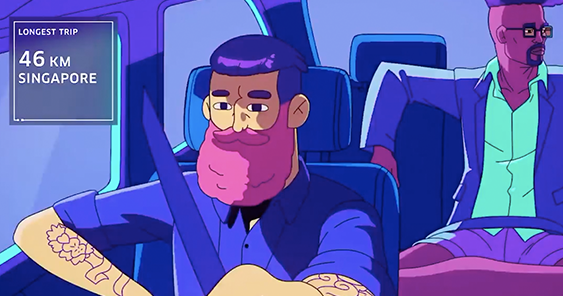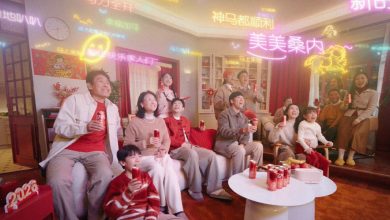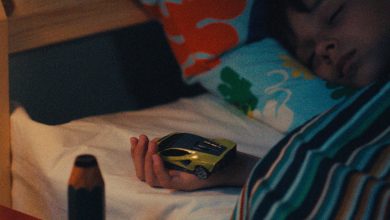SINGAPORE – Uber and R/GA Singapore have once again collaborated to create interactive and shareable visualizations of the way people moved across cities in 2017.
Launching across Asia-Pacific today, Year with Uber turns trip data into personalised, animated music videos, bringing to life memorable moments from Uber trips from the past 12 months.
This year, a multitude of region-specific locations, scenarios, and characters were designed, alongside an original soundtrack with a modular composition, allowing seamless splicing with visuals. With over 5,000 possible story and song combinations, there’s bound to be a unique retrospective Year with Uber music video for every rider.
Capturing the nuanced use of Uber in different markets was as integral to the project as the tech that powers it, said R/GA Singapore’s Senior Technology Director, Laurent Thevenet.
“Year with Uber sits at the intersection of creativity, innovation and culture, so we invested as much effort into representing local character as building an engine that could stitch together the elements instantaneously and infinitely,” said Thevenet. “The complexity is concealed, making it an engaging user experience that seems effortless.”
The result is a stylised reflection of the cultural melting pot that is Asia Pacific, with instantly recognisable elements incorporated into visuals and lyrics. Users in Thailand will see tuk-tuks, while their Singaporean neighbours encounter elaborately coiffed tai-tais (wealthy aunties); for Aussies, the iconic Melbourne Cup and Sydney’s New Year harbour fireworks will be a highlight, while in India the national sport of cricket gets a run. Local festivals and holidays also serve as highlights, including Ramadan, Christmas and Deepavali.
According to Eshan Ponnadurai, Director, Brand and Strategy (Asia-Pacific) at Uber, the campaign takes inspiration from the everyday experiences of Uber riders across over 100 cities in the region. “Our goal every year is to surprise and delight Uber users with personalised insights that showcase their relationship with our service,” he said. “We’re thrilled to unveil a campaign that brings together data and moments in a compelling narrative that resonates across cultures.”








